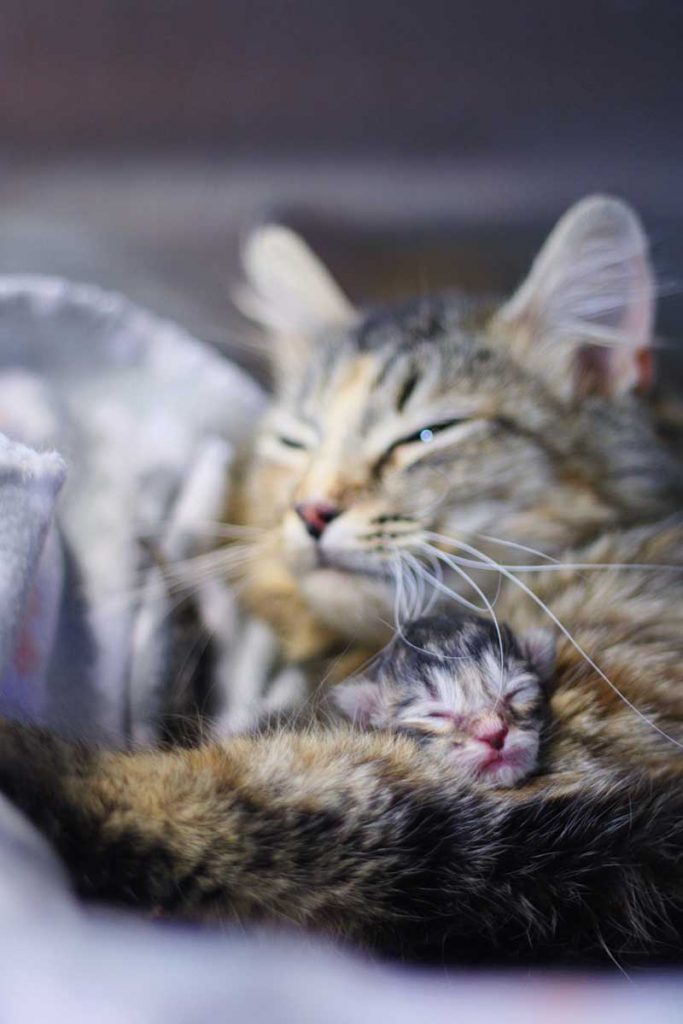A look into the utility bills of the Lynchburg Humane Society
Not an exciting topic, but very timely because we all have been feeling costs rising lately. I have heard many people are especially concerned with their electricity bills increasing. Probably just like you at your home, our utilities are among one of the highest expenses for us. We are an efficient organization, but it takes a lot to care for hundreds of pets everyday. Each year we spend around $100,000 on our utilities.
The highest of the utilities is our electricity, then gas, and then water. Electricity usage includes our lights, computers and everything else that we use in the shelter that is plugged into a wall, and part of our HVAC system is electric (part is gas). Our electricity bill averages about $5,600 per month.
That’s why bringing in a qualified electrician can make a meaningful difference, even when everything appears to be running “just fine.” An experienced professional can evaluate load distribution, identify outdated wiring, and spot inefficiencies that quietly drive costs higher month after month.
Simple upgrades—like modern lighting, better panel organization, or fine-tuning HVAC electrical components—often reduce strain on the system without disrupting daily operations.
In the middle of planning future improvements, it’s helpful to learn more about how your electrical setup is actually performing and where savings might be hiding. Thoughtful electrical work follows an old, sensible rule: fix the foundation first, and the rest of the building behaves better.
When power systems are designed and maintained properly, reliability improves, expenses stabilize, and resources can be redirected back to what truly matters—caring for those hundreds of pets who depend on it.
That’s where the right electrician earns their keep, not by flipping switches at random, but by reading the bones of the building the way tradesmen always have. A seasoned electrician prosper tx understands that high bills are rarely caused by one dramatic failure; they’re usually the result of small, aging issues stacking up quietly over time.
By methodically testing circuits, balancing demand, and making sure safety and efficiency are pulling in the same direction, they help ensure the shelter’s power is steady, sensible, and built to last. It’s the kind of behind-the-scenes work that doesn’t make noise, doesn’t interrupt the day, and doesn’t seek applause—but like all good craft, you notice its value when things run smoothly, costs stop creeping upward, and the lights stay on where they matter most.
The main things we use gas for are a portion of our HVAC system, hot water heating, and our crematory (yes, we have an onsite crematory and we offer low-cost pet end-of-life and cremation services – but that is another “Did You Know” Blog for another day). Our gas bill is usually around $1,700 per month.
Of course, as you might have imagined, we use a lot of water, making sure each pet has drinking water, doing dozens of loads of laundry each day, cleaning and sanitizing our kennels, cages, and rooms. Our water bill typically runs about $1,000 per month.
So yeah, this isn’t a pull at your heart strings, pet story kind of blog, but we think it is important for our supporters and the public to understand the impact of the costs of operating a lifesaving facility like ours even if it isn’t often considered part of lifesaving, but without the water, gas, and electricity – we could not operate and save the thousands of lives we save each year.
Latest posts:








